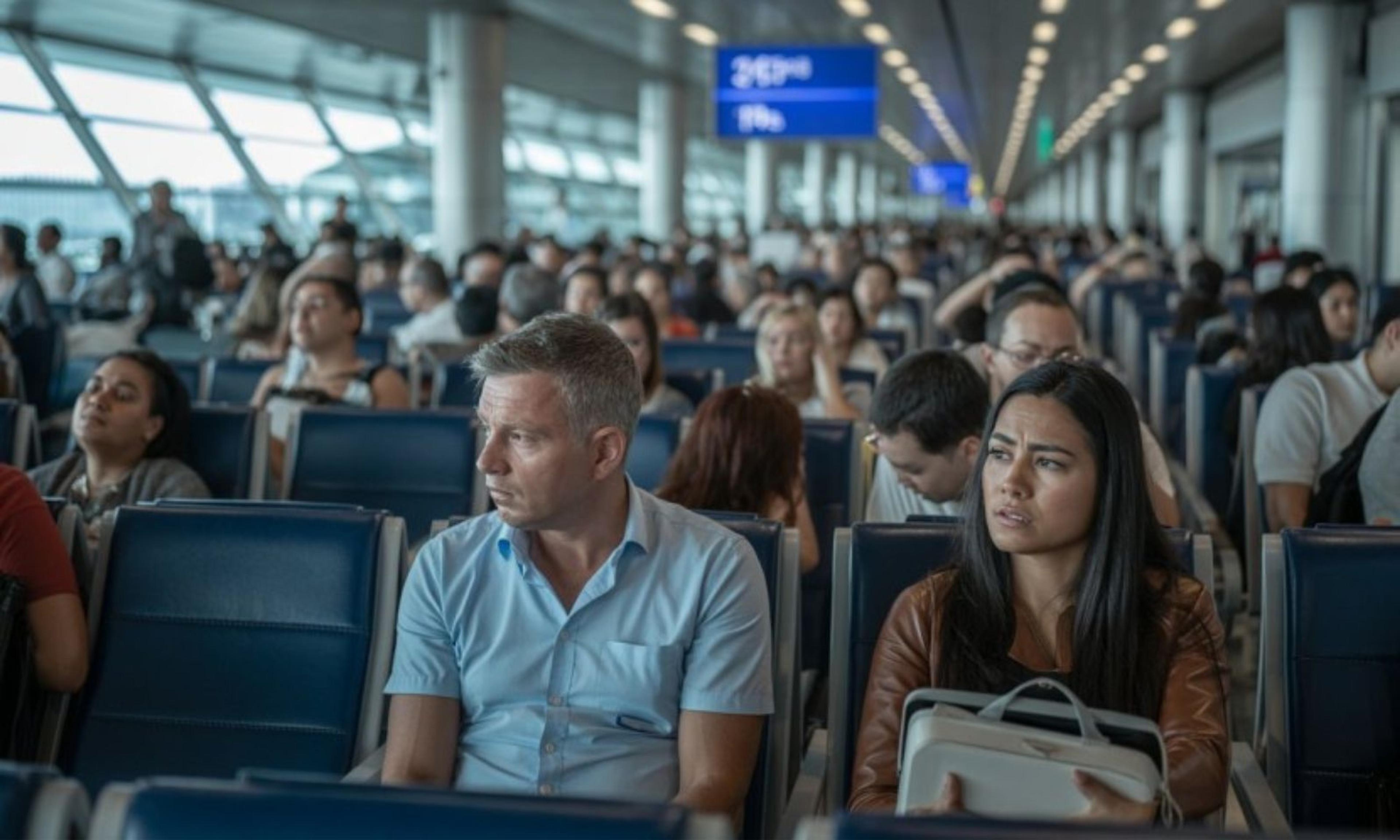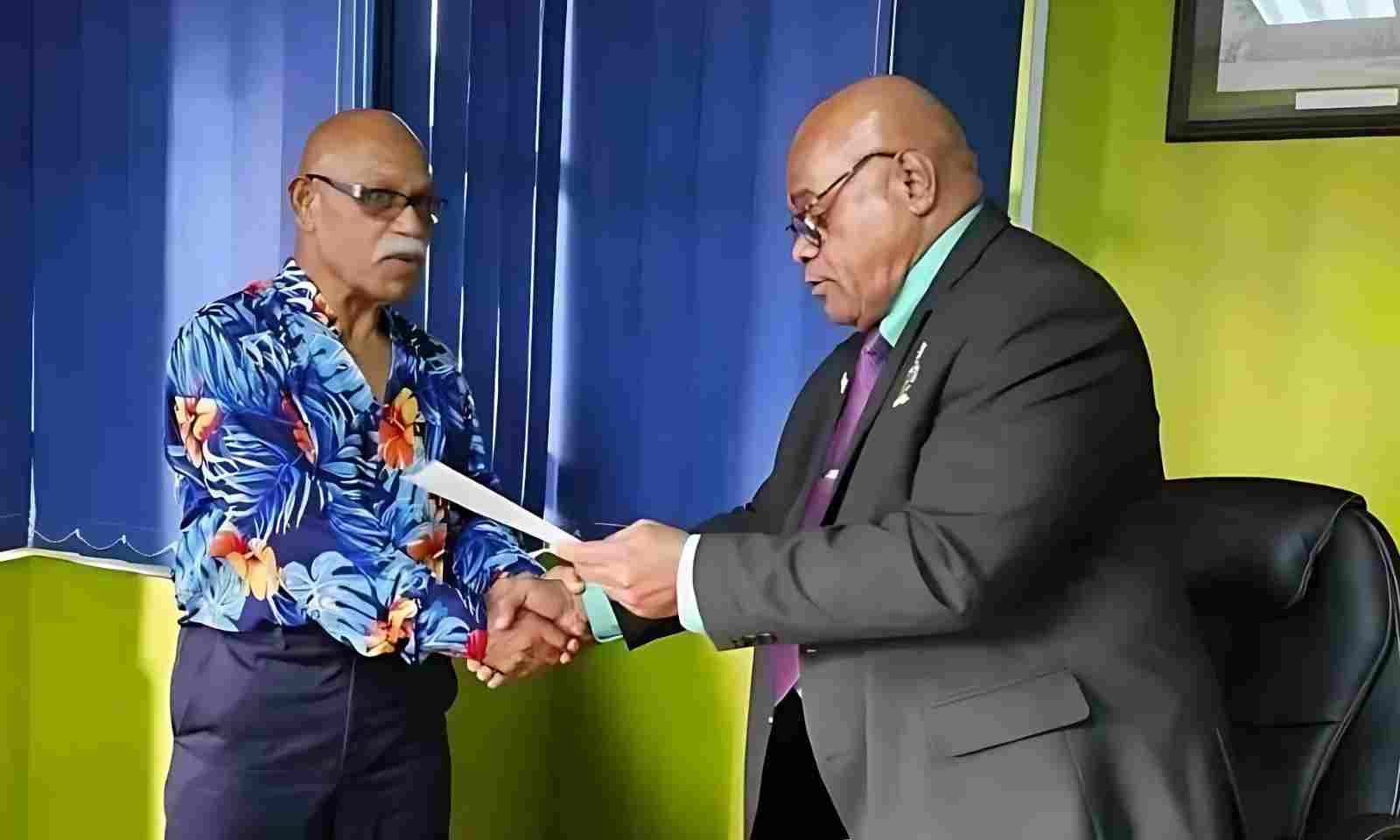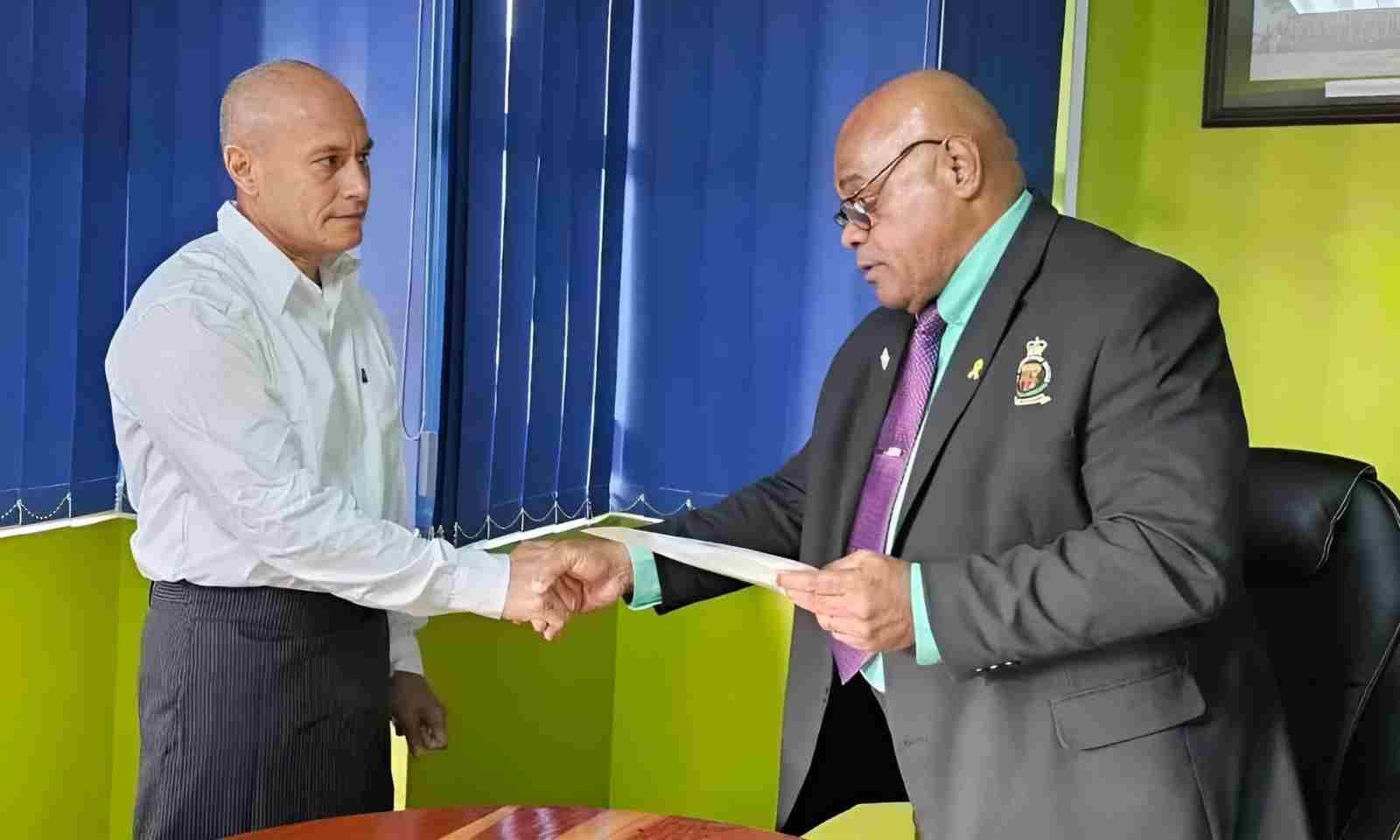

Mahendra Chaudhry says Fiji must end this coup culture and culture of silence in the country.
Photo/supplied
Speight should tell the truth - deposed PM
Mahendra Chaudhry says freed coup 'frontman' George Speight must come clean about those behind the 2000 unrest.



Christmas under the sun: How Pasifika are celebrating amid rising heat, extreme weather




Christmas under the sun: How Pasifika are celebrating amid rising heat, extreme weather

The man whose government was seized by a group of rebels, led by George Speight, says now that the jailed coup frontman is free, he must tell "who was really behind" the events of that day in Fiji.
Speight, 67, was among seven prisoners pardoned by President Ratu Wiliame Katonivere last week after recommendations by the Mercy Commission.

67-year-old George Speight, left, receives his release paper from Fiji Corrections Service Commissioner Dr Jale Nakarawa. Photo/FCS
Mahendra Chaudhry, the country's first Indo-Fijian Prime Minister, says he is very concerned about the release.
Chaudhry says when Speight and his men stormed into Parliament and took the PM and 35 other MPs hostage on 19 May 2000, it changed the course of Fiji's history.
"What went through my mind was where would Fiji have been today had not this tragedy happened," the 83-year-old Fiji Labour Party leader said.
"These coups have put us so many years behind in development. It has brought misery to so many people and changed their lives. The nation today is still struggling when it should be moving forward at a fast pace with development and opportunities for people. That's not the case.
"These coups have done tremendous damage to the people, ruined the lives of many people, and the violence and the mayhem that followed. I put it behind me. I have come out stronger out of all this.
"This playing the race card, bringing race into politics, and misleading and fooling the very people you are saying that you are representing. They are not representing their interests. George Speight never represented the interests of the indigenous community. Who gave him that mandate?"
Chaudhry and the other MPs were held at the parliamentary complex for 56 days. They were released on 9-10 July 2000 after Speight signed the Muanikau Accord with the military, in exchange for an amnesty for himself.
Following the return of hostages and weapons, Speight and his followers continued to lobby over the makeup of the interim cabinet from the outskirts of the capital Suva.

From left, former coup leader and now PM Sitiveni Rabuka, President Ratu Wiliame Katonivere, and former coup leader and PM Frank Bainimarama. Photo/supplied
When the government rejected his demands, his spokesman Joe Nata threatened civil war, and on 26 July, Speight, Nata, and two others were arrested at a military checkpoint. The army stormed his headquarters, killing one person and arresting 369 supporters.
Speight pleaded guilty to treason and was sentenced to death on 18 February 2002. The sentence was commuted to life imprisonment the same day by President Ratu Josefa Iloilo.
Among those released with Speight last week was former army captain Shane Stevens. He led the mutiny at the military headquarters on 2 November 2000 which left eight soldiers dead.
The mutiny by members of the now disbanded elite unit of the military, Counter Revolutionary Warfare (CRW), was aimed at assassinating the head of the armed forces, Frank Bainimarama, and Speight's release from prison.
Bainimarama went on to overthrow the government of the late Laisenia Qarase in 2006, becoming prime minister until his defeat in the general election in 2022.

Former Fiji military captain Shane Stevens receives his release paper from Corrections Commissioner Dr Jale Nakarawa. Photo/FCS
Bainimarama now sits in jail after being sentenced to 12 months in May for abusing his power and shutting down a police investigation into alleged corruption at the regional institution, University of the South Pacific.
Chaudhry says Fiji needs to rid itself of this coup culture and culture of silence. He also called for a change to the Fiji Constitution.
But he maintains Speight must reveal those behind the civil unrest of 2000.
"I don't think he was the real leader. He himself said that he was doing the job for some others whom he did not want to name at that time. But when he was prosecuted for this and sentenced, he said that if the police had done its job honestly, he'd have had a distinguished company with him on Nukulau Island where he was imprisoned after his trial.
"Now that very clearly points to the fact that he was merely used as a frontman. There were other people of influence who were behind the coup, who were real coup leaders. And if he's really contrite about what he did, he should agree to release the people who were behind the coup.

The burnt-out remains of an Indian restaurant following the May 2000 hostage crisis and associated ransacking of Suva's commercial district. Indians were persecuted during the height of the unrest. Photo/Anton Leddin
"He owes it to the people of the country, and he owes it to himself also and his family to clear his name and have some peace that he has now done his part in terms of showing remorse for what he had done at the instance of others."
Chaudhry says the government should have waited until its proposed Truth and Reconciliation Commission was set up to deal with Speight.
"I think there should have been a conditional release that Speight should name the people who prompted him to be the front man to the coup. Treason is a very heinous crime, a crime against the state.
"If you look at the immensity of the damage, destruction, and distrust that his actions and the actions of those who were behind him resulted in, then you realise that it's not something which can be easily forgotten or forgiven and that there must be a condition attached to his release.
The Mercy Commission said the Fiji Corrections Service provided positive reports on Speight's time in prison.

Soldiers clash with supporters of George Speight during the height of the 2000 civil unrest. Photo/supplied
In a statement, the commission said psychological and judicial assessments were reviewed, with Corrections supporting Speight's reintegration into society.
The commission said it recommended that Ratu Wiliame grant mercy to Speight following his rehabilitation and the length of time that he had spent in prison.
Chaudhry said the coalition government of Sitiveni Rabuka had lost the trust and confidence of the public, with tens of thousands of Fijians leaving in the last 18 months.
Rabuka, a former army commander, staged Fiji's first coup on 14 May 1987, resulting in the overthrow of Prime Minister and late Timoci Bavadra's government, who were in office for a month.
A second coup by Rabuka was held on 25 September 1987 that ended the monarchy, followed by the proclamation of a republic on 10 October.
Fiji, located some 2600km north of New Zealand, has a population of 930,000 people.
Watch former Fiji Prime Minister Mahendra Chaudhry's full interview below.